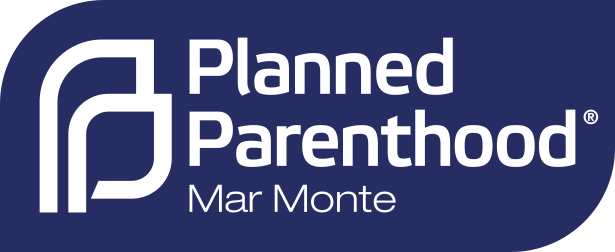Hewlett Foundation
Building a Global Reproductive Equity Strategy

The Background
The William & Flora Hewlett Foundation is a critical donor working to ensure global reproductive health and rights for women, girls, and gender nonconforming people. The Foundation has historically played a central role in elevating new approaches and opportunities for impact. Notably, they've supported significant progress on access to contraception in West Africa in collaboration with leaders in the region.
Our Approach
Afton Bloom partnered with West Africa-based consultancy Niyel and learning expert Evaluating for Equality to lead an evaluation and develop a five-year strategy for Hewlett's work in reproductive health and rights. The process was designed to be highly inclusive, incorporating significant consultation with grantees via surveys, focus groups, and interviews and building on an in-depth landscape scan of the field. Afton Bloom and our partners worked closely with the Foundation's program team, leadership, and Board to develop and approve the strategy and plan for implementation.
The Result
The resulting strategy represented several major shifts for the Hewlett Foundation's work in reproductive health and rights, captured by a name change from International Reproductive Health to Global Reproductive Equity. The new Global Reproductive Equity strategy centered around four key outcomes to guide the Foundation's work around the most critical needs in the field and the East and Francophone West African regions:
- Strengthening regional ecosystems of researchers, advocates, and movements in East and Francophone West Africa to advance progress on reproductive health and rights. This represented a major shift in power and resources from global to regionally-led organizations.
- Exploring new work to bolster narratives supportive of reproductive health and rights, including potential work with artists, activists, and social influencers.
- Supporting locally-led innovation to expand equitable access to contraception for all women, girls, and gender nonconforming people who face the greatest barriers to getting services. This includes those living in extreme poverty, young or unmarried women who often face stigma when seeking reproductive health services, and disabled or displaced women.
- Protecting and expanding rights and access to abortion through investments in advocacy, movement building, and related research.





